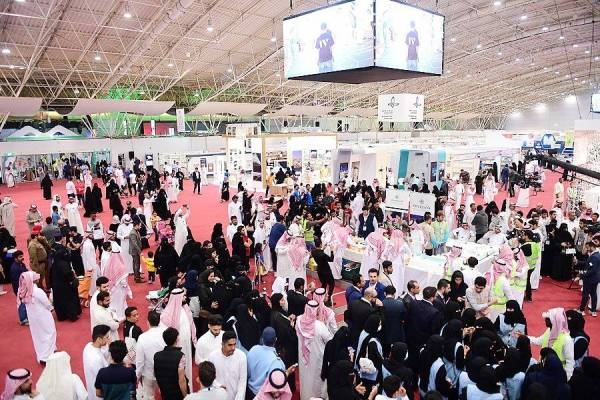
The Think 20 (T20) conference, an intellectual backbone for the G20, has kicked off in the Saudi capital Riyadh on Sunday amid calls for restructuring major international organizations such as the UN Security council and the World Trade Organization.
Prince Turki Al-Faisal, chairman of King Faisal Center for Research and Islamic Studies (KFCRIS), called on world countries to place more pressure on the five permanent members of the UNSC to restructure this important international institution.
Speaking on the sidelines of the T20 conference, Al-Faisal pointed to the dire need to restructure the UNSC so as to make it more effective, saying that it is restricted by the disputes harbored by the five permanent members.
Al-Faisal gave examples of global issues and conflicts that have been left unresolved for decades, despite the existence of UNSC resolutions to tackle them. Among the highlighted dilemmas were the Syria, Arab-Israeli, and Kashmir conflicts.
“For example, concerning the Arab-Israeli conflict, there are UNSC resolutions that map out a two-state solution and the removal of the Israeli occupation from Arab lands, but there were a lot of vetoes that prevented the implementation of these resolutions--this is an example of the interests of some of the five members prevailing,” said Al-Faisal.
“This council needs to restructure to protect implementing resolutions it issues,” he added.
Al-Faisal noted that it is unlikely for the UNSC to pursue reforms unilaterally and that international pressure is required.
At the T20 opening keynote address, Al-Faisal told the attendees that “multilateralism can encourage dialogue and genuine collaboration if given the chance. Presumably alliances and teamwork are good things and that corporation under a role base system.”
During the conference, the research and policy advice network for the G20, held at King Abdullah Petroleum Studies and Research Center (KAPSARC) in Riyadh on Sunday, Al- Faisal mentioned that multilateralism is under pressure.
“Fear takes over many developed societies, high popular expectations, mistrusting, national and international systems and institutions and various political and economic concepts are the only ingredients that are promoting extreme nationalism and isolation, which is ironic since most of those societies have benefited from multilateral initiatives and are likely to continue to prosper a union rather than an isolation," he said.
During the "Multilateralism for a Prosperous World” session, Al-Faisal mentioned the issue of where international interests lies.
“I think we are facing a potential for divisions continued rather than being removed from the world stage whether it is on trade as we see the various issues that have come up in the world. These are all challenges that the world faces and I hope that events like G20, specifically the T20, would provide the research and the policy recommendations to find solutions,” he noted.










